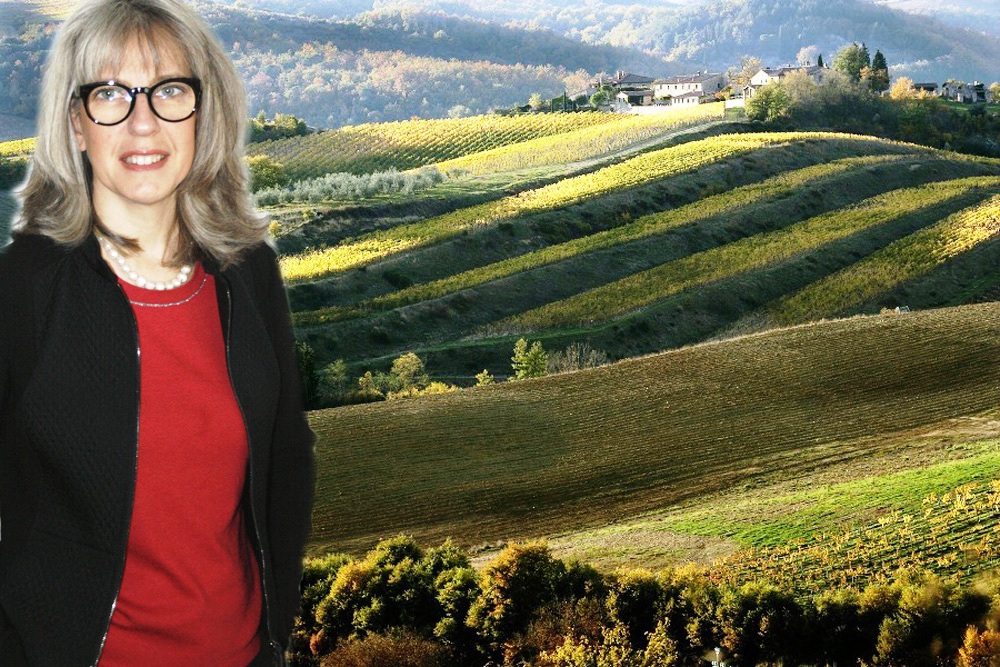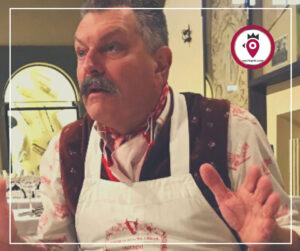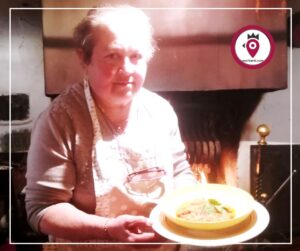Articolo disponibile anche in: Italian
A few days ago the Consorzio Vino Chianti Classico appointed a new General Director: Carlotta Gori, born in Florence in 1969. She’s married, has a daughter and a law degree.
She started her career within the Consorzio Chianti Classico about 20 years ago, after university. During this time she has been responsible for legal protection, supervision and public affairs. She’s a member of the legal group AICIG (Associazione Italiana Consorzi Indicazioni Geografiche).
Now Carlotta Gori has taken over a difficult job from Giuseppe Liberatore, the former Director who resigned last summer after 25 years in this position. WeChianti meets her for the first interview in her new role.
First of all, why did you take this job?
“It’s the most courageous choice that I’ve ever made. Up until now I have always been quite prudent, but in this case I decided that it was time to take a step forward. I must say that after 21 years working in this field, I feel I have the right knowledge and experience”.
I’d say that Liberatore has made a lasting mark in the Consorzio…
“It’s very true. If I had to mould myself on his example, I would not even be able to come up with a strategy, but I hope I can find my own way. The way in which he managed the Consorzio is not replicable, but it can be interpreted”.
Which approach are you going to have?
“I direct the operational structure of the Consorzio. I’m ready to be the interpreter and the guarantor of the strategies with which the Management Board and the shareholders’ meeting provide me”.
Can you tell us your opinion about the addition of the geographical sub-areas?
“It’s a theme I have worked at from a technical point of view, which I know very well. We’re waiting for the members and the Board to elaborate their position”.
Can the creation of various producers’ associations within the different municipalities help in some way?
“They are great initiatives, because drawing attention to the territory and the Chianti Classico is always positive. They are a useful contribution, but the Consorzio must be the ultimate reference body, a structure that creates synthesis”.
While we’re on the subject of synthesis, what is the best way to manage the differentiation between big and small producers?
“In the Consorzio there are different entrepreneurial realities, but we have always found a synthesis, through the mediation given by the Consorzio. It’s thanks to this spirit that in a few years we will celebrate our one hundred year anniversary”.

From a production point of view, what is the situation regarding Chianti Classico?
“This year there’s a decrease in yields, but the quality remains high, 2017 vintage will be a good one. In 2016 we had high quantity production, so… we can hardly complain”.
Distretto Rurale del Chianti and application for UNESCO World Heritage Site status, these are both very important steps for the Chianti territory.
“I started dealing with the Distretto Rurale this summer, and thanks to the work of those who preceded me, we are very happy and satisfied. We hope this positive feeling will influence our UNESCO candidacy”.
These actions are not damaged at all by the absence of the Municipality of Gaiole in Chianti?
“We’re going to carry on. If Gaiole wants to join us in this path, we will be all extremely happy”.
How do you see the Gallo Nero in five years time?
“Chianti Classico’s economy is largely based on export. But maybe we should consider taking the Italian market in hand again. Emerging markets? China? Every market is an opportunity that shouldn’t be passed up. If years ago we had been fearful, we would not be on the American market today. We cannot give up in the face of challenges or bureaucratic complications. It is certain that we must carry on investing in those international markets that have been giving our products a certain security, such as the USA and in the last few years Canada. A market we originally thought difficult but which is now opening up”.
Matteo Pucci


